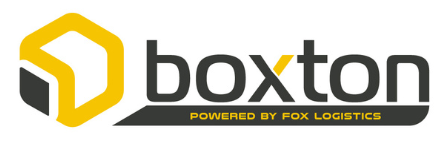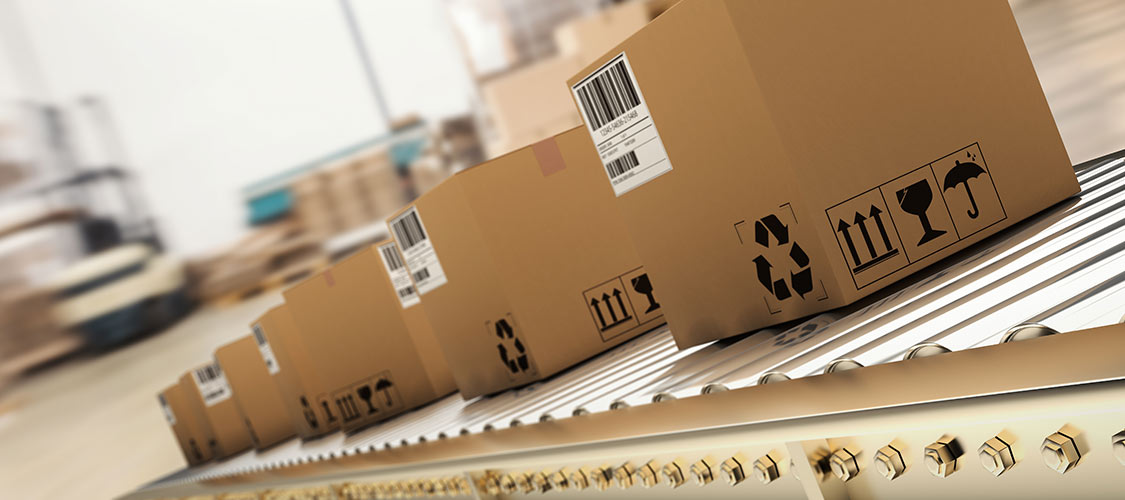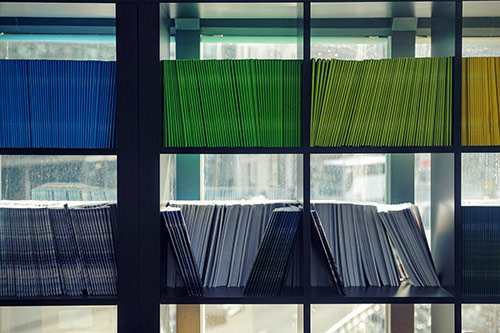
It’s the 21st century. Information flies freely around the world. Most of the products you buy are manufactured with components from multiple countries. You can go on the internet and buy almost anything from any country. Most procurement teams are running significant RFP’s from a global supplier base. The global economy is moving in a way that allows anyone to buy goods from any country and have it shipped easily and without substantial costs. But there is a roadblock that is never easy to manage when shipping internationally: customs.
Why does something need to clear customs before entering a country?
There are two reasons that each country’s respective customs and border protection exists: to keep unsafe products out of the country, and to ensure the government gets paid the appropriate amount of import tax. The first reason is clear, so let’s tackle the 2nd item. The government has a fee schedule for every product that comes into the country depending on the product classification and the product origin. Most nations are involved in trade deals like NAFTA or TPP, which are multiple countries deciding how much tax they are going to charge to allow another country’s products to be sold in their country. Germany and the US have very friendly governments with mutually favorable trade deals. But in the 1970s, due to pressure from German farmers, Germany placed extreme restrictions on the importation of American chicken. To retaliate, as the popularity of Volkswagen cars increased in the United States, the US put a very high tariff on the import of German automobiles. The customs authority in each country exists to ensure the US government gets paid correctly when German cars arrive, and the German government for US chickens.
Why is clearing customs so difficult when shipping internationally?
The tariff code which establishes the tax rates for all types of goods is massive–literally thousands of pages of tax code. But there are millions of different products out there, many of which may fit under numerous classifications. Smart companies try to use this complexity to reduce their tax burdens when shipping internationally, while country customs departments try to ensure this doesn’t happen. So, at a minimum, most governments require you provide a Commercial Invoice (basically a bill of sale to show what product you bought and how much you bought it for) and a packing list (a list of the goods your trying to import). A registered customs broker files this paperwork with the customs authority on behalf of the company who is importing the goods. When the goods seem suspicious (or subject to random inspection) a customs agent may physically inspect the goods to ensure that what is documented matches what is being shipped. Furthermore, each country has their own tax schedule and customs processes. In some countries, you may need an import license for a certain classification of goods when shipping internationally. In others, even standard transactions may take anywhere from 3-10 business days. And some countries have very relaxed rules when it comes to importing goods.
What Can I Do About It?
If you are manufacturing a good, either your trade compliance team or an outside consultant should help you properly classify the good as per the tariff code in every country you ship from and to. If you are procuring a good from the manufacturer, make sure your manufacturer creates the packing list and commercial invoice and ask them if there are any special licenses need for import. If you’re still not sure, consult a customs consulting/brokerage firm like Cardinal Trade Associates. They will help you determine all of the necessary documentation and paperwork and can even act as your customs broker. Lastly, don’t try to cut corners. There is nothing worse than getting your urgent shipments getting held up waiting for customs clearance while you sort out necessary paperwork!






